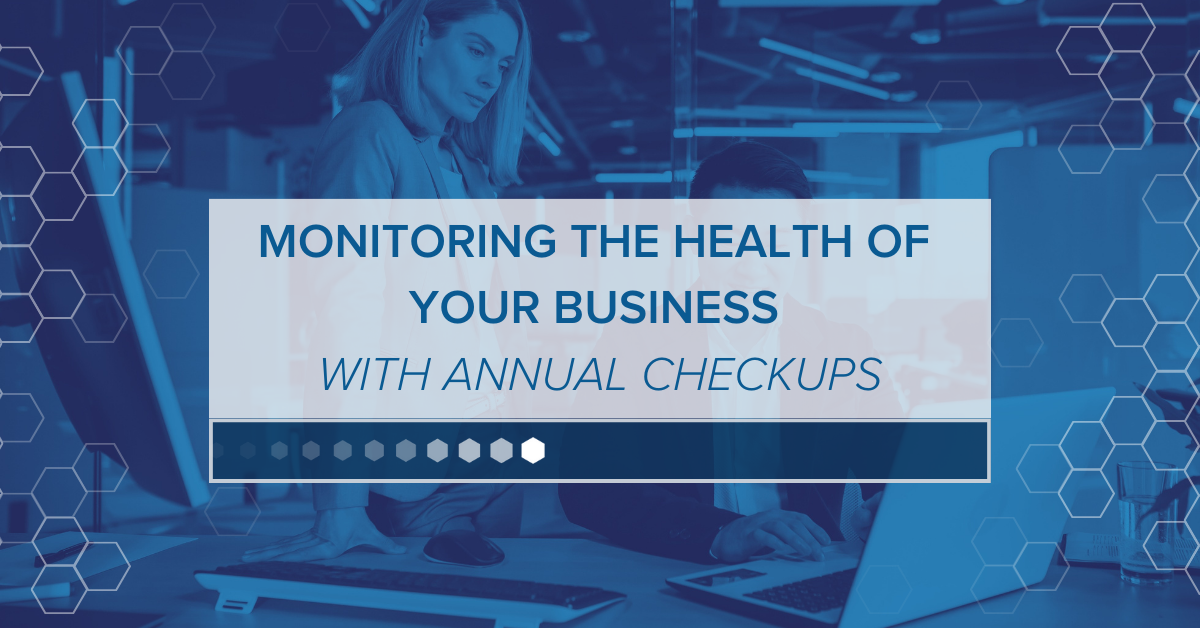
Synthetic equity may be the right solution to solve a host of long-term employee issues. It is used to retain, motivate and reward employees when traditional compensation programs are not enough, staff are not yet ready to be partners or shareholders in the business, or the current owner(s) is not yet ready to give up any ownership. Synthetic equity can mimic the economic rewards of ownership or be designed as a long-term bonus tied to an employee reaching pre-determined targets – or even a combination of both. Synthetic equity is a catch-all term that includes a variety of long-term compensation plans that can be customized to meet the needs of most advisory businesses.
A critical element in the success of any wealth management business is its ability to recruit, retain and reward talented advisors and support staff. Synthetic equity is commonly used as part of a broader plan to achieve these goals. Among other benefits, synthetic equity can provide the economic rewards of ownership to a next generation advisor without the need to actually buy or sell stock.
To be clear, the transformation of a single-owner practice into a sustainable business, or of a multi-billion dollar RIA to the next generation of advisors, cannot be accomplished without real equity changing hands. Equity, or stock, is what builds wealth for all generations of successful advisors. Wages are for the work performed today. Your return on equity represents the value of the business that you and your team create over one or more lifetimes of work. Equity is the shareholder value created in a business managed from a bottom-line up perspective with a focus on earnings or profits as the ultimate financial goal. Equity is a powerful building and motivational tool, but it comes with obligations. Because of these obligations, buying or selling equity isn’t the only way to offer key employees with ownership-like benefits, nor is it always the best option.
Synthetic equity, in its simplest form, provides the economic characteristics of equity without the associated legal and tax issues, or debt-load of buying stock from the founder. Within the realm of synthetic equity are also long-term incentive plans that don’t rely on stock as the measure of value, but instead on a metric that you want an employee to focus on such as new business, or even passing the CFP exam. There are different tax rules that must be followed when creating plans based on actual equity or non-equity plans, but the overall concept is the same – to retain and reward a key employee for helping the company to grow over a period of years.
In most cases, synthetic equity is ultimately paid as cash compensation to the employee but can be paid in stock. When paid, the employer receives an offsetting deduction in the amount paid to the employee.
Synthetic equity may be a viable solution in these common situations:
A current owner who wants to share the economic value of equity, but not equity itself;
A key employee who wants to receive ownership-like benefits, but is unable or unwilling to take on the financial risk of actually buying and paying for equity in the business;
An owner who wants to retire and sell his or her practice in five years or less and wants to reward one or more key employees at the time of the sale without having to actually sell equity beforehand;
An owner who wants to not only provide a key employee with incentives for growing the business but also needs to create strong disincentives against the employee leaving and competing with the business, soliciting clients, or acting in a manner detrimental to the business;
An owner who wants to retain an employee and incent him or her to improve in specific areas of the business;
A key employee who is interested in equity but is risk-averse; fearful of debt, the financial responsibilities of being a business owner, or the obligations inherent in a buy-sell or a continuity agreement;
A key employee who desires to be an owner but who does not have the necessary licenses or qualifications to be a full equity partner, or simply is not ready.
How Does Synthetic Equity Work?
A great way to understand the concept of synthetic equity is to consider how actual equity works. To that end, owning equity in an independent financial advisory business typically provides rights that include:
- Voting rights
- Limited liability
- A proportional share of the profits
- An opportunity for capital appreciation
- Long-term capital gains tax rates on sale
- Access to financial records pertaining to the business
- A voice in the business’s governance structure
These are all substantial benefits of ownership, and each has a value. But this “bundle of rights” is subdividable. For example, some owners may have non-voting shares. With synthetic equity we usually strip out everything but economic growth. Sometimes dividend equivalents are also paid and sometimes transparency into company financials is provided. Synthetic equity is a benefit that stems from owning less than all the rights in the bundle, but still, something of significant value. “Ownership” is used here as a contractual obligation exists on the employer to pay out the synthetic equity benefits if all the terms are met.
Synthetic equity, just like actual equity, can be used to reward and retain the necessary key employees to grow a strong and valuable business. It is used by practices of all sizes. As with full equity, synthetic equity can help to focus a key employee, advisor, or producer on the broader needs of the firm as a whole and encourage them to contribute—at every level—to a growing and sustainable business.
Download our newest white paper, "Synthetic Equity: An Innovative Approach to Compensation," to learn more about this powerful tool set.











